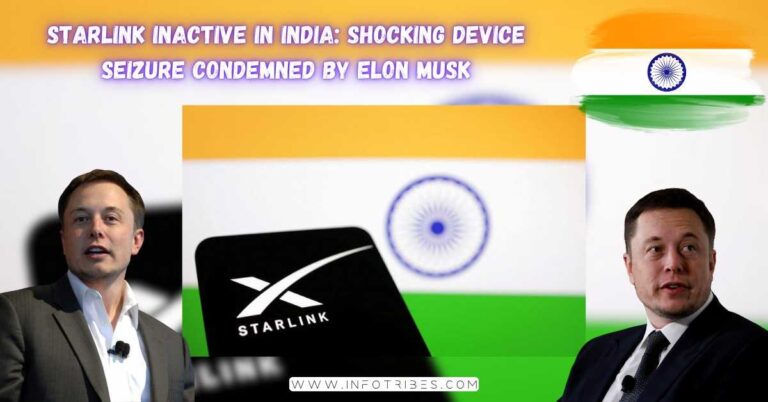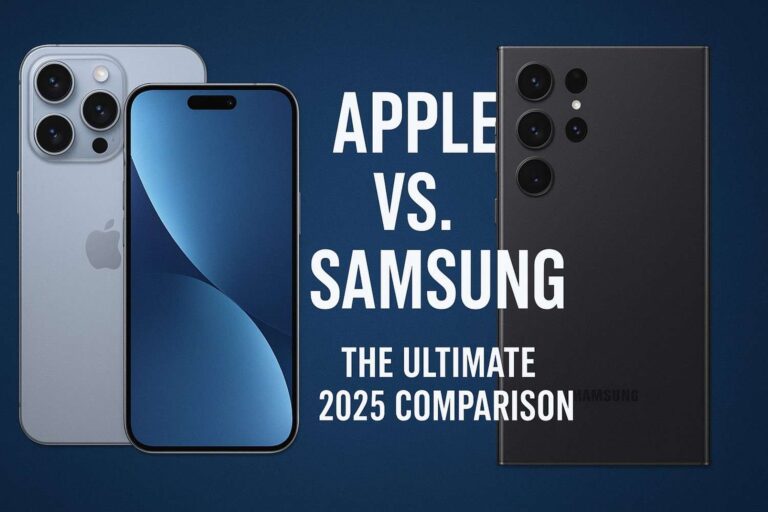The Rise of Quantum Computing: Key Updates in 2025
Introduction
In the ever-evolving world of technology, few subjects spark as much excitement and curiosity as quantum computing. While traditional computers continue to serve as the backbone of modern society, researchers, engineers, and tech giants are pushing beyond classical limits into a new frontier: quantum computing. By harnessing the principles of quantum mechanics, these machines have the potential to perform calculations exponentially faster than even the most powerful supercomputers today.
The Rise of Quantum Computing in 2025 marks a pivotal year in this journey. From breakthroughs in hardware design to expanded use cases in artificial intelligence, pharmaceuticals, cryptography, and climate modeling, quantum computing is shifting from theoretical possibility to practical reality. This article takes you step by step through the latest advancements, the players driving innovation, and the future of this revolutionary technology.
Wearable Tech in 2025: What’s Worth Buying?
What Is Quantum Computing?
Before diving into 2025 updates, it’s important to understand the fundamentals.
Unlike classical computers, which use bits (0 or 1) to process information, quantum computers use qubits. Thanks to quantum phenomena such as superposition (a qubit can be 0, 1, or both at the same time) and entanglement (qubits can be linked even when far apart), quantum systems can solve highly complex problems at unimaginable speeds.
This difference allows quantum computers to:
- Solve optimization problems faster
- Simulate molecular structures for drug discovery
- Break traditional encryption methods
- Process massive datasets in seconds
The rise of quantum computing is not about replacing classical systems but augmenting them, enabling humans to solve challenges that would otherwise remain unsolvable.
The Rise of Quantum Computing in 2025: Key Updates
1. Quantum Hardware Breakthroughs
2025 has witnessed remarkable progress in quantum hardware stability and scalability. IBM, Google, and startups like Rigetti have unveiled quantum processors with 1,000+ stable qubits, a milestone that was once thought to be decades away.
IBM’s Condor Quantum Processor now operates with unprecedented error correction, achieving fidelity rates that bring us closer to “quantum advantage”—the point where quantum outperforms classical computing. Similarly, Google’s Sycamore 2.0 has demonstrated solutions to problems previously considered infeasible on supercomputers.
These advancements signal that the rise of quantum computing has moved beyond laboratory experiments into practical application.
2. Quantum Cloud Computing
Tech giants are racing to bring quantum computing power to the masses via the cloud. In 2025, Microsoft Azure Quantum, Amazon Braket, and Google Quantum AI all offer on-demand access to quantum processors.
This democratization means researchers, developers, and even startups can experiment with quantum algorithms without building their own quantum machines. This accessibility fuels innovation across industries, from finance to logistics, making quantum computing a service rather than a distant dream.
3. Quantum AI Integration
Artificial intelligence and machine learning are some of the biggest beneficiaries of quantum technology in 2025. Quantum-enhanced algorithms are being tested for:
- Drug discovery – simulating protein folding in seconds.
- Financial modeling – optimizing risk portfolios faster than ever.
- Climate predictions – analyzing complex weather models with unprecedented precision.
Companies like DeepMind and NVIDIA are actively exploring quantum machine learning (QML), bridging the gap between AI and quantum to create smarter, faster, and more reliable systems.
4. Cryptography Under Threat
One of the most discussed topics in 2025 is the impact of quantum computing on cybersecurity. Quantum computers have the potential to break RSA encryption, which secures everything from banking transactions to military communications.
In response, governments and corporations are adopting post-quantum cryptography (PQC). The U.S. National Institute of Standards and Technology (NIST) has released new PQC standards, preparing for a future where quantum threats are real. The rise of quantum computing is reshaping how the digital world thinks about security.
5. Pharmaceutical & Medical Research
Healthcare is one of the industries already reaping rewards from quantum breakthroughs. In 2025, major pharmaceutical firms like Pfizer and Roche are collaborating with quantum startups to simulate drug molecules with incredible accuracy.
This accelerates the process of discovering cures for diseases like Alzheimer’s and cancer. Quantum-enhanced clinical trial simulations are also reducing the time and cost of bringing new drugs to market.
6. Climate Modeling & Green Tech
Quantum computing is proving invaluable in tackling climate change. In 2025, researchers are using quantum algorithms to simulate carbon capture technologies, renewable energy optimization, and even ocean current predictions.
The rise of quantum computing is becoming intertwined with green tech, as scientists explore sustainable solutions faster than traditional computing allows.
7. Global Investments & Startups
The quantum industry in 2025 is booming. According to a recent report, global investment in quantum research and startups surpassed $50 billion this year.
Notable players include:
- PsiQuantum – pushing towards fault-tolerant quantum systems.
- IonQ – pioneering trapped ion quantum computing.
- D-Wave – commercializing quantum annealing for optimization problems.
Nations like the U.S., China, and members of the European Union are heavily investing in quantum supremacy to gain both economic and military advantage.
8. Quantum Workforce & Education
The demand for quantum engineers, researchers, and software developers has skyrocketed in 2025. Universities around the globe are introducing specialized degrees in quantum computing, and companies are offering training programs to bridge the skills gap.
This surge in education is further fueling the rise of quantum computing, ensuring that the technology continues to progress at a rapid pace.
9. Ethical Concerns & Regulation
With great power comes great responsibility. The rapid rise of quantum computing raises important ethical questions:
- Who should control access to such powerful machines?
- How do we prevent misuse for cyberattacks?
- Should quantum technology be open-source or government-regulated?
In 2025, policymakers are beginning to draft international guidelines for the responsible use of quantum technology, ensuring that advancements benefit humanity as a whole.
10. Quantum Advantage: Are We There Yet?
The biggest question in 2025 is whether we have reached quantum advantage. While some breakthroughs suggest we are close, experts caution that quantum computers are not ready to replace classical ones just yet.
However, for specialized problems like drug discovery and optimization, quantum computing is already outperforming traditional methods. The rise of quantum computing in 2025 may not be complete, but it is undeniably real and accelerating.
Why the Rise of Quantum Computing Matters
Quantum computing is more than a technological milestone—it’s a paradigm shift. From medicine to finance, from climate change to cybersecurity, the rise of quantum computing represents humanity’s bold step into solving the unsolvable.
As we look ahead, one thing is clear: quantum computing is not just the future; in 2025, it is the present.
Green Tech: Innovations Helping Save the Planet
FAQs on the Rise of Quantum Computing
1. What is the rise of quantum computing in 2025?
The rise of quantum computing in 2025 refers to the rapid advancements in hardware, algorithms, and practical applications that are bringing quantum computing closer to real-world use.
2. How does quantum computing differ from classical computing?
Classical computers use bits (0 or 1), while quantum computers use qubits, which can exist in multiple states simultaneously. This allows them to solve complex problems faster than traditional machines.
3. Can quantum computers break encryption?
Yes, advanced quantum computers can break classical encryption methods like RSA. This is why post-quantum cryptography is being developed in 2025.
4. Which industries benefit the most from quantum computing?
Healthcare, finance, AI, logistics, and climate research are among the industries that benefit the most from the rise of quantum computing.
5. Are quantum computers available to the public?
Yes, through cloud platforms like Microsoft Azure Quantum, Amazon Braket, and Google Quantum AI, individuals and companies can access quantum machines.
6. Will quantum computers replace classical computers?
No, they will complement classical computers. Quantum computers are ideal for specialized tasks, while classical systems remain efficient for everyday use.
7. Who are the leading players in quantum computing?
IBM, Google, Microsoft, Amazon, IonQ, PsiQuantum, and D-Wave are among the leaders in 2025.







